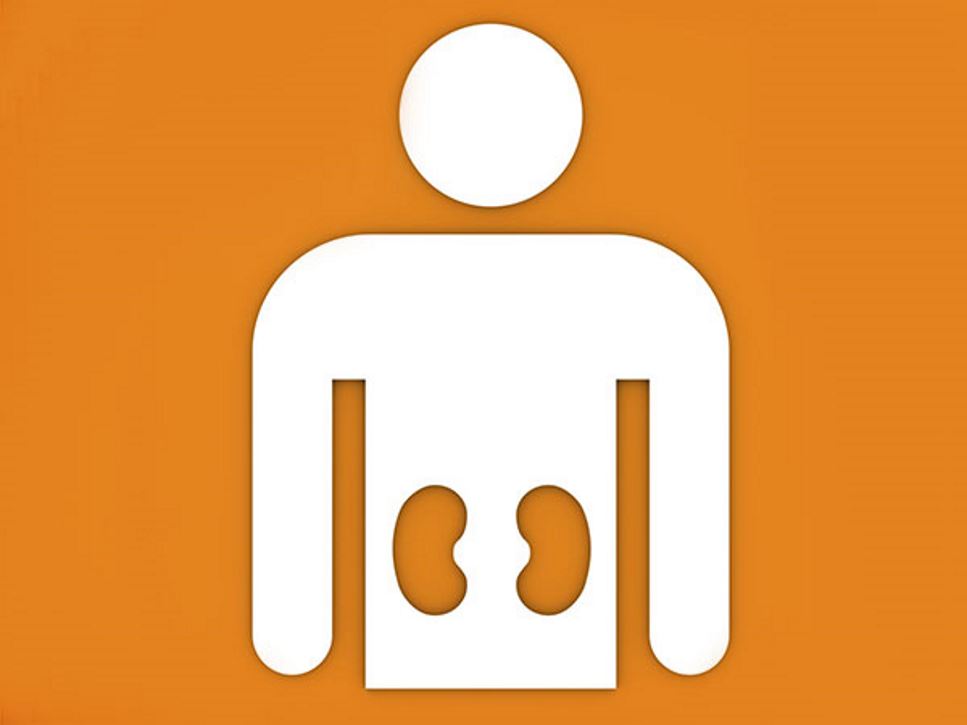Your kidneys are your body's lifeline to good health! The kidneys work hard to filter out and prevent fluid and waste buildup in the body. They also play a key role in bone and heart health.
Once damaged, kidneys have a difficult time sweeping away the waste, causing a buildup in the blood stream. This leads to complications such as high blood pressure, anemia, weakened bones, poor nutritional status, as well as possible nerve damage.
A gradual decline in kidney function is known as chronic kidney disease, or CKD. There are five stages of CKD, each categorized by how well the kidneys are working. As the kidneys are unable to filter out waste at full capacity, food and beverage choices become extremely important in managing overall health.
Individuals with CKD may need to limit protein and fluids, in addition to restricting salt, phosphorus and potassium. A registered dietitian nutritionist can help identify foods and beverages to help manage your health.
Take Action
Be positive. Our brains are a powerful tool. Keep positive by focusing on what you can have versus what you can't have. You'll find that the list of lower potassium foods is much longer than you thought.
Real food tip: Make a vibrantly colored, antioxidant-rich fruit salad with raspberries, strawberries, grapes and blueberries. Toss with fresh lime juice and chopped mint.
Be creative. Put a new spin on old favorites. Tomatoes may be high in potassium, but you don't have to give up salsa. Try fresh fruits as a fun swap. Instead of steaming, toss broccoli or cauliflower in olive oil and roast to caramelize and bring out their natural sweetness. Skip the store-bought salad dressings loaded with salt and make your own.
Real food tip: Try new topping alternatives for your tacos. Instead of cheese, try shredded carrots. Mix light mayonnaise with lime juice as a substitute for sour cream and use charred corn salsa for tomato salsa.
Plan ahead. Before making reservations, look at the menu before you dine out. Call the restaurant to ask how they can accommodate your dietary needs. Another tip: Pack safe foods in your purse or bag in case of a "snack emergency."
Real food tip: Make your own snack mix. Combine dried cranberries, rice cereal squares, freeze-dried apples and low-sodium pretzels for a crunchy and sweet snack.
Experiment. It's easy to find yourself eating the same foods every day. Excite your palate by exploring the grocery store and picking up something new. From spaghetti squash to jicama, the opportunity to discover and try new foods is endless. Speak with a registered dietitian nutritionist to make sure the foods fit into your diet plan.
Real food tip: Jicama is crisp and refreshing. To use, peel and then slice or dice. Toss jicama into your favorite stir fry dish, salad or serve as sticks with dip for a snack.
References
Find a Nutrition Expert
Looking for credible nutrition information and recommendations? The Academy of Nutrition and Dietetics' network of credentialed food and nutrition practitioners are ready to help!

